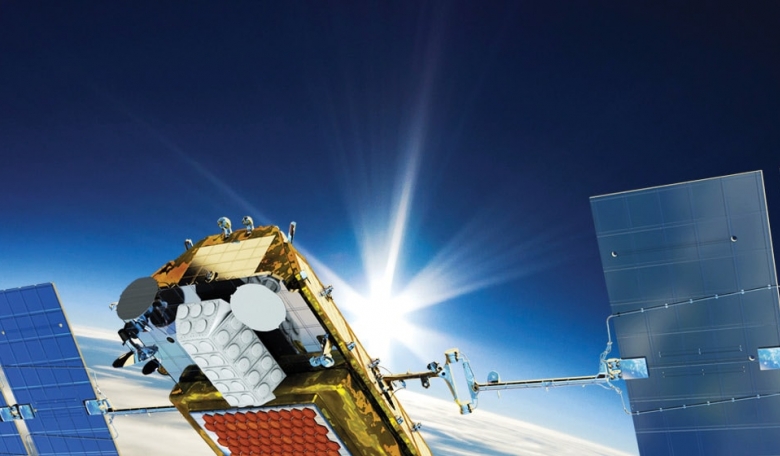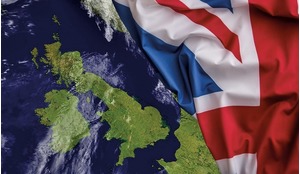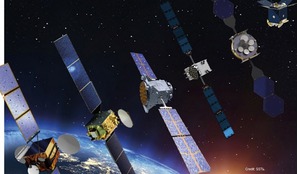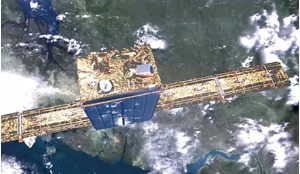David Mottarella, senior manager with the Maritime Geospatial Solutions division of the Harris Corporation’s Space and Intelligence Systems talks to ROOM about the growing role of space-based systems in providing real-time data and information when it comes to monitoring, protecting and policing the world’s oceans.
What is Maritime Domain Awareness (MDA) and the Automatic Identification System (AIS)?
United States’ doctrine defines maritime domain as all areas and things of, on, under, relating to, adjacent to, or bordering on a sea, ocean, or other navigable waterway, including all maritime-related activities, infrastructure, people, cargo and vessels and other conveyances.
The International Maritime Organization (IMO) describes Maritime Domain Awareness (MDA) as the effective understanding of anything associated with the maritime domain that could impact security, safety, the economy or environment.
Within this domain, the Automatic Identification System (AIS) is used for collision avoidance on Aids-to-Navigation, and on aircraft involved in search and rescue (SAR) operations. The IMO’s International Convention for Safety of Life at Sea requires AIS be installed and operational on any international ship with 300 or more gross tonnage.
The advent of shore-based towers and satellites capable of tracking signals around the globe has allowed this system to grow into a global means for tracking commerce, to monitor fishing, enhance safety of life at sea and to aid in the protection of sovereign waters and international preserves.
Why is MDA important from economic, environmental and civilian perspectives?
The Global Change Institute has assessed the blue economy at a value of US$24 trillion dollars delivering four to five hundred billion US dollars in pidends to humanity each year. In fact, 90 percent of the world’s trade happens on the open ocean.
In the area of fishing, 10-12 percent of the world’s population gets their livelihood from fisheries and aquiculture. This also accounts for 16 percent of total global animal protein. Coastal areas within 100 km of the ocean account for an estimated 61 percent of the world’s total Gross National Product.
Find out more about Maritime Domain Awareness and its role in protecting the world's oceans in the full version of the article, available now to our subscribers.














